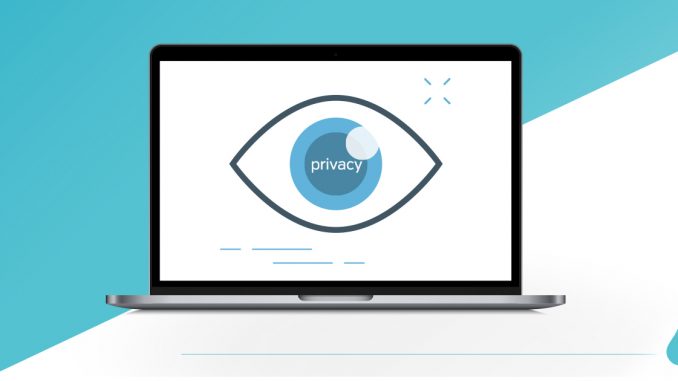
What’s the big deal with consumer privacy?
The trust factor
The media is constantly publishing stories about privacy breaches, customer data leakage, etc. It’s totally natural to feel uncomfortable losing your personal information to unfamiliar companies. In some instances, companies have stepped over the line when it comes to collecting your data and personalizing your online experience, which has further fueled this fear that every online company has an ulterior motive when requesting your data.
The creep factor
Did you know that over half of Americans feel that ads are creepy? Think about the all-too-familiar situation where you’re having a conversation with someone about a particular brand or service, and later see a Facebook ad about it. You haven’t visited their website or searched them on Google, yet you are served an ad for that company. While Facebook strongly disputes that they are listening to the microphone on a user’s device, the entire debate substantiates the idea that companies know too much about a given individual. The damage has already been done and trust has been lost.
Why do we need advertising?
The “why” factor
So why do companies and brands ask for your personal information, or request permission to track you across the web? The simple answer: they want to deliver you a personalized ad experience.
But why do you need to see ads anyway? While there are several reasons why online advertising is important, one of the most obvious (and overlooked) is that advertising helps keep the internet free. When you see an advertisement on weather.com, you are also viewing that publisher’s key source of income (advertising). Online publishers need revenue streams to operate—if not from ad placements on their websites, then from some other source. In other words, online advertising is a necessity to keep the internet free for users.
For example, if a consumer wants to access their daily forecast on weather.com without having to pay a monthly subscription, advertising is a necessity. While there are certainly websites out there that require a monthly subscription to access their content ad-free (i.e. New York Times), there are plenty of other sites that rely on advertising to keep their businesses alive.
The inevitable factor
So advertising helps keep the internet free. But what if you’re still uncomfortable with companies knowing too much about you? There are various ways to opt-out of ad tracking. That said, it doesn’t mean that you will no longer get ads…you will just get ads that are less relevant to you.
What is Click Rain’s opinion on all this?
Our advice
Consider allowing tracking for those brands and services that you trust and you interact with frequently. For example, think back to weather.com. Assuming that you prefer to know what your local forecast is rather than the weather in Bora Bora (unless you are planning a dream vacation), this publisher needs to know your location information in order to provide you with the most relevant weather.
Our commitment
With all of that said, what does Click Rain think about the industry’s desire to support consumer privacy while also understanding that online marketing isn’t going anywhere? Here is our commitment and how we plan to move forward:
Communicate the changes as people, not marketers
We want everyone to clearly understand what is happening without confusion.
Continued transparency on the unknown
So much is still unknown, but we’re committed to keeping our clients updated as we learn more.
Commitment to evolve our business alongside the industry
We will be nimble with our marketing solutions & recommendations, maintaining a privacy-first lens in everything that we do.
Keep calm and market on
We are not panicking and you shouldn’t either. Like we said at the outset, new changes mean new opportunities.
When we say we’re a people-first agency, we mean it. Doing everything we can to protect consumers online is just that, putting people first.

Leave a Reply